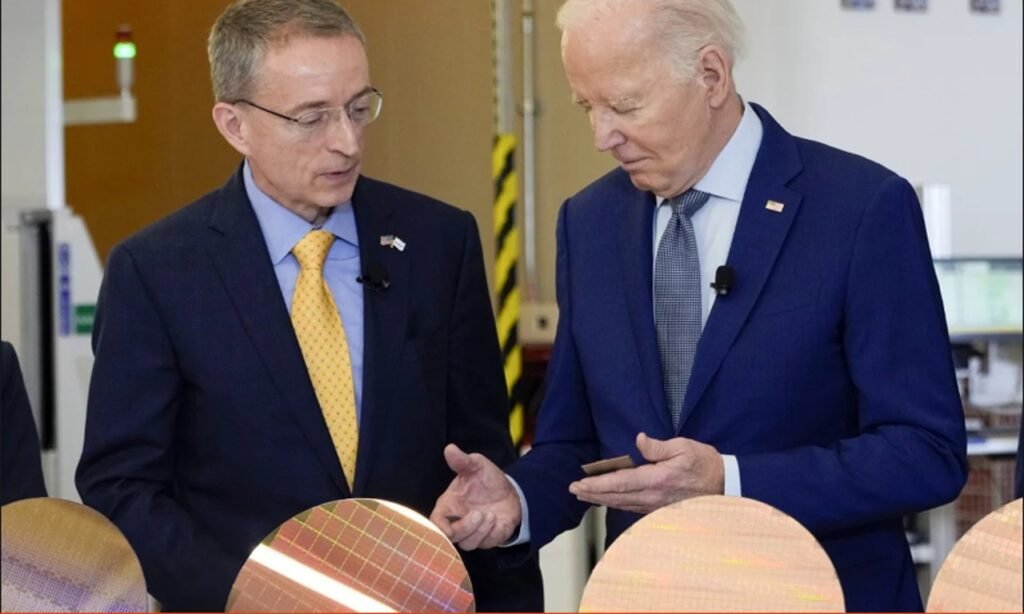Introduction : Robert Kahn, the co-creator of the Internet, has been a stalwart figure in the technological landscape since its inception. His visionary work extends beyond the realms of internet protocols, encompassing groundbreaking concepts like AI agents and blockchain. In a recent interview with TechCrunch, Kahn shares insights into the challenges faced by the tech community, drawing parallels between past and present.
A Legacy of Innovation : Kahn’s illustrious career spans decades, marked by a relentless pursuit of technological advancement. His pioneering efforts alongside Vint Cerf laid the foundation for the internet as we know it today. Despite the passage of time, Kahn’s vision remains unwavering, underscoring the enduring relevance of his contributions.
Navigating Familiar Challenges : Reflecting on the current landscape, Kahn notes the recurrence of familiar obstacles. Issues such as misinformation and cybersecurity were recognized early on but have resurfaced with the proliferation of internet users. The transition from a close-knit research community to a global network has introduced complexities that demand innovative solutions.
From Knowbots to AI Agents : Kahn’s exploration of AI agents predates contemporary discussions, exemplified by his concept of “knowbots.” These intelligent programs were envisioned to navigate the internet autonomously, akin to modern AI agents. Despite initial setbacks, the underlying principles evolved into the digital object architecture, foreshadowing the decentralized nature of blockchain technology.
Digital Object Architecture and Cryptocurrency : Drawing parallels between digital object architecture and cryptocurrency, Kahn highlights the underlying principles of interoperability and decentralized communication. The convergence of these concepts underscores the transformative potential of digital innovation, transcending conventional boundaries.
Envisioning Object-to-Object Communication : Kahn envisions a future where digital objects interact seamlessly, transcending traditional human-machine interfaces. This paradigm shift heralds the era of the Internet of Things (IoT), where interconnected devices facilitate dynamic communication and collaboration.
The Imperative of Standards : Reflecting on the evolution of internet protocols, Kahn emphasizes the importance of interoperability and standardization. The success of TCP/IP over proprietary solutions underscores the necessity of cohesive industry standards, ensuring compatibility and scalability.
The Future of the Internet : Looking ahead, Kahn sees a future where the internet continues to play a vital role in shaping our world. He envisions a future where the internet is even more pervasive and integrated into our daily lives, with the Internet of Things (IoT) and artificial intelligence (AI) playing a key role in this evolution.
Challenges and Opportunities : However, Kahn also acknowledges the challenges that come with this growth, such as concerns around privacy, security, and the digital divide. “We need to ensure that the internet remains a force for good, and that its benefits are accessible to all,” he emphasizes.
Challenges in Hardware Evolution : Addressing contemporary challenges in the hardware industry, Kahn highlights the critical need for domestic semiconductor manufacturing. Beyond infrastructure, workforce development emerges as a pivotal concern, necessitating concerted efforts in education and training.
Conclusion: Embracing the Future : As technology continues to evolve, Robert Kahn’s insights serve as a guiding beacon for navigating the complexities of the digital age. By embracing innovation, fostering collaboration, and prioritizing education, we can chart a course towards a more connected and resilient future.




